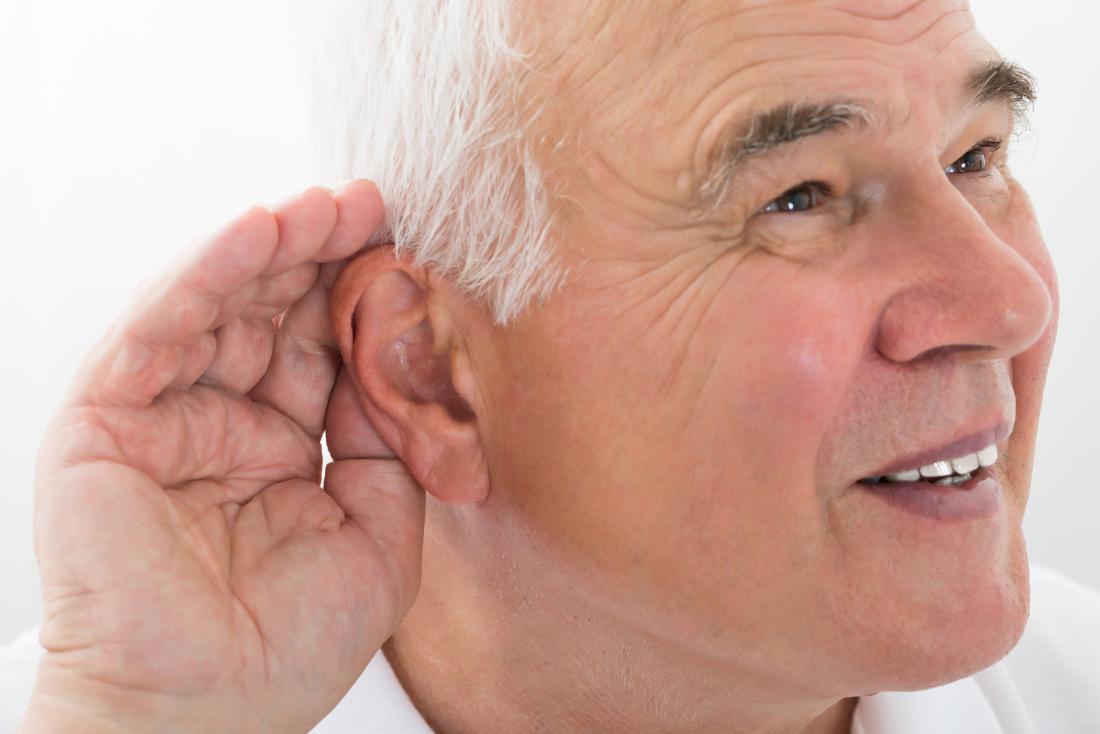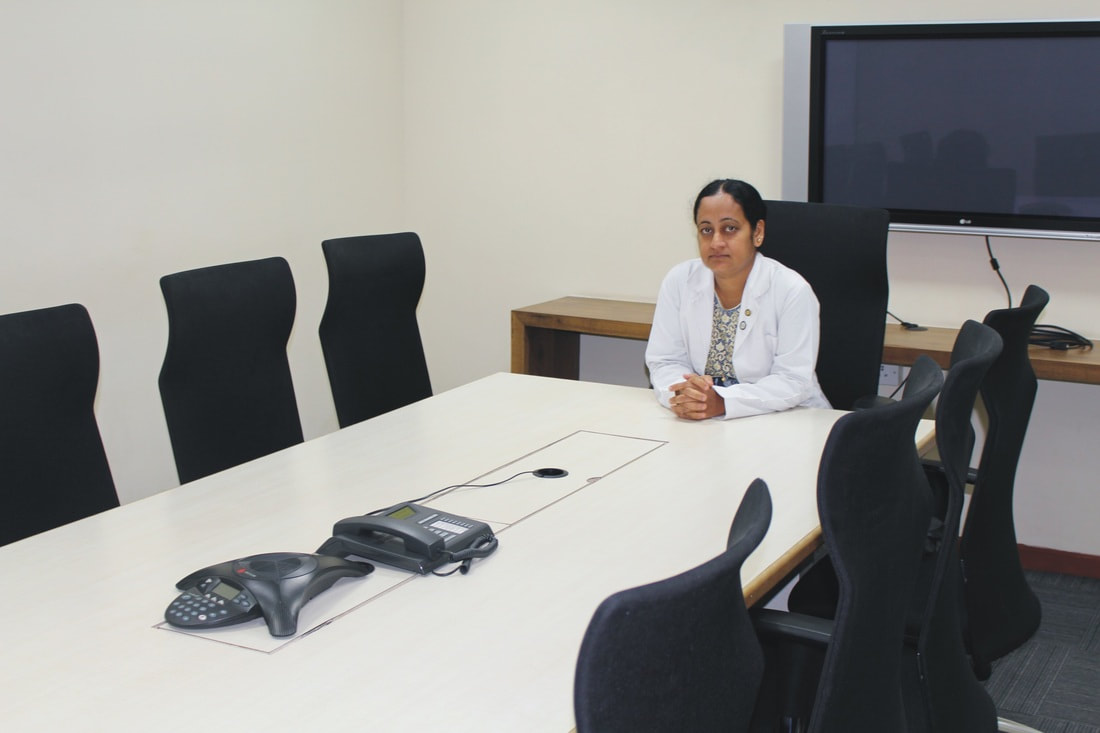 Don’t Make the Elderly People Feel Embarrassed for their Hearing Loss Don’t Make the Elderly People Feel Embarrassed for their Hearing Loss Loud music, jarring instruments and pool-side parties with blasting movie songs seem recreative and peppy. At home too, we love to keep the television volume above everything else and this includes our voices too! Children who follow the footsteps of parents pursue the same ending up keeping high volume on their Chota Bheem and Spider Man series! Such prolonged days and years of high volume affects our hearing power ultimately. Apart from that ageing (age-related hearing loss increases from 30% around the age of 65 to 80% in those aged 80 and above) too plays a turmoil mon our auditory capacity. HL can be the result of genetic and environmental factors that’s extremely difficult to handle. Genetic factors include mutations in genes or certain factors that affect the development of the cochlea (part of the inner ear involved in hearing) and environmental factors involve exposure to noise (as in the examples given above), prolonged use of listening devices, ototoxic drugs such as antibiotics, anticancer drugs and painkillers or nutritional deficiencies. Individuals are having a longer life expectancy and hence, more people are believed to suffer from hearing problems. World Health Organization states that more than 450 million people worldwide (almost 5.3% of the world population) suffer from hearing loss (HL) and according to a research in New Zealand this ratio is believed to increase to 7.02% in 2061. Almost 900 million people would not be able to hear properly around 2050. We crib and complain about diabetes and dementia but HL has embarked on a journey to push past these prevalence rates and reach higher positions in life. HL is agonizing both to the person involved and the opponent facing the HL individual. People with HL often face issues of seclusion, isolation, loneliness, stress, anxiety, lower self-esteem and try to forge their understanding of issues and problems which decreases their quality of life to a great extent. Nutrient-based Actions Against HL Research shows that more than 60% of HL in kids can be prevented through effective public health measures while around 50% with vaccines for rubella, mumps, measles and meningitis. There are several research evidences available showing that an unhealthy lifestyle and diet measure can have debilitating effects on hearing quality that includes sedentary behavior, minimal exercise routines, higher obesity rates and deficiency of essential nutrients. Bringing in healthier diet changes, implementing nutrition-based therapies and overcoming micro- and macronutrient deficiencies take us a step closer towards overcoming hearing loss. The human ear is divided into three compartments namely outer, middle and inner ear. Depending on where the loss occurs HL is grouped as conductive (middle or external ear), sensorineural (inner ear or auditory nervous system) and mixed. The magnitude of loss depends on the range of decibel of hearing level. Effects of Calorie Restriction Ageing increases the need to restrict calorie (CR) and diet (DR) intake while maintaining nutrient intake. CR helps in reducing the risk of obesity, diabetes, tumors, cholesterol, blood pressure and inflammation. Studies have proved that weight loss is not sufficient to enhance hearing potential. Auditory tests were performed in Rhesus monkeys (aged between 18 and 20) after 12-13 years of feeding them with 30% lower (CR) amount of the same diet that they consumed but results showed no differences in hearing. Another diet fed the animals with a 70% lower calorie diet supplementing them with vitamins and minerals after 8-13.5 years of follow-up also showed no changes in HL when the animals had a mean age of 205 years. A study by the University of Wisconsin maintained 30% less calories than control group for 3 to 9 years in animals aged between 11 and 23 years and this showed better auditory function. An analysis between all three tests showed that the monkeys had not yet reached an age wherein age-related HL shows up. Macronutrients Its been proven that a diet rich in carbohydrates affects HL not because of the macronutrient content of the diet but due to triglyceride (TG) levels which elevate the individual’s HL risk (owing to high glycemic index, glycemic load and total carbs levels). Lipids effect on HL was measured by providing two hospitals with two different diets for a period of 5 years-first one was given a high saturated fat diet and the second with high polyunsaturated fat diet. Results showed that the total number of individuals showing auditory impairment was lower in the second hospital providing polyunsaturated fat diet. Diets of both the hospitals were exchanged and after four years the inverse result was obtained showing that hearing functionality improved with an unsaturated fat diet but decreased with higher intake of saturate fats. Also, intake of fish rich in omega-3 fatty acids helped in reducing incidence rates of HL when the intake is between 1 and 2 servings of fish every week as higher intakes did not guarantee improvements in hearing functionality. Micronutrients Vitamins are actually needed for proper functioning of the ear and hence, their consumption would also help in preventing hearing loss. Their effectiveness has been attributed to their antioxidant property that safeguards the cochlea from increased levels of ROS produced during and after noise exposure. Many studies show the benefits of vitamins in overcoming noise-induced hearing loss (NIHL) while some have linked it with drug-induced ototoxicity. Hence, consuming a diet rich in vitamin C, E and A provide you with better ability to fight against NIHL. Magnesium, a mineral found in nuts and dried fruits fights against free radical formation and hence, against noise-induced vasoconstriction. A Korean study performed an analysis on more than 3200 individuals aged between 50 and 80 years on the effects of dietary intake of vitamin D and vitamin D serum concentrations in auditory function. Carotenoid, retinol, riboflavin, thiamin, niacin and vitamin C intake was assessed by means of a 24-h recall. More the intake of vitamin C better was the hearing capability in the midfrequency range. A study of French adults showed that high intake of retinol and vitamin B12 was associated with a better auditory function in women only while there was no effect after the consumption of folate, beta carotene and vitamins B6, E and C. Increased consumption of meat, red meat and organ meat also led to better hearing levels in women while consumption of seafood and shellfish improved hearing levels in men. Vitamin A is generally required for the normal development of the inner ear and the impact of its absence depends on the level of deficiency. Lack of enough vitamin A levels increases the risk of otitis media, a group of inflammatory diseases of the middle ear. But we have only one study showing that vitamin A supplementation improves auditory function and we need further research to prove it. Minerals Studies show that decreased iron intake increases the risk of HL. Iodine deficiency too has similar effects on individuals increasing the risk of HL. High-potassium Diet & its Effects on Hearing Threshold One study focused on the impact of potassium and recruited 5925 participants for the study. Age, sex, presence of diabetes mellitus, smoking and drinking habits, education level, exposure to increased noise and dietary measurements were taken. The study which majorly comprised of women (57.1%) showed that the mean age was greater in the case of men. All nutrients witnessed greater intake in men compared to women. Mean age and total number of participants with diabetes mellitus was highest in the third quartile group while education level, protein and fat intake were low in the lower quartile group. Potassium is critical for cell growth and maintenance of cell membrane potential. A diet usually high in potassium minimizes effects of cardiovascular diseases by increasing diuresis and decreasing smooth muscle proliferation and free radicals. The study split participants into tertile groups depending on the consumption levels of potassium. The prevalence of HL in low, middle and high tertile groups was 15.3%, 11.1% and 7.8% respectively. Compared to participants in the high tertile group those in the low tertile group exhibited a 2-fold increase in risk for HL and those in the middle tertile group exhibited a 1.472-fold higher risk for HL. Intake of high potassium levels was associated with a lower prevalence of HL. We need further studies to show whether improvements in potassium intake might prevent hearing impairments in individuals. Nutrients play an important role in maintaining hearing levels in adults. While calorie restrictions don’t show promising results as of now increasing the intake of macronutrients and micronutrients has a significant effect on the occurrence and progression of HL. Hearing loss is becoming more and more important as the proportion of elderly population are tremendously increasing in number. We need significant therapies and preventive protocols to improve quality of life of these people. References Interplay between nutrition and hearing loss: https://www.ncbi.nlm.nih.gov/pmc/articles/PMC6356655/ Association between a high-potassium diet and hearing threshold in Korean adults: https://www.nature.com/articles/s41598-019-45930-5 Comments are closed.
|
AVOID FRAUD. EAT SMART+91 7846 800 800
|
- Home
- Written Testimonials
- Consult
- Clinics
- Blogs
-
Diet & Nutrition
- Diabetes Reversal
- IVF IUI not needed for PCOS PCOD Infertility
-
Medical Nutrition
>
-
Disease & Conditions
>
- Infertility | PCOS
- Diabetes Mellitus
- Cholesterol
- Hypothyroid
- Kidney Problems
- Hypertension
- Cardiovascular Diseases
- Liver Diseases
- Gastro intestinal disorder
- Cancer
- Metabolic Disorders
- Orthopedic Disorders
- Eating Disorders
- Dietary Recall
- Weight Record Filled By Clients
- Online Payment Transaction Details
- Online Clients Weight Check Form
- Our Program Package Service Charges
- Weight Record 2017 Clients
- Measurements sent by Clients
- Terms & Conditions Of Payment
- Thanks. Your Form is Submitted
- Video Testimonials
- Lifestyle & Wellness
- Lifestyle & Wellness Blog
- Allergy & Intolerance
- Weight Loss / Gain
- Weight Loss / Slimming Blog
-
Disease & Conditions
>
- Life Cycle Nutrition >
- Sports Nutrition >
- Integrity in Nutrition
- Knowledge Centre
© COPYRIGHT 2022. ALL RIGHTS RESERVED. FRST HEALTHCARE PVT LTD.
Dr. Nafeesa Imteyaz of First Eat Right clinic, is the Best Dietitian Nutritionist in Bangalore. Best Dietitian Nutritionist in Pune. Best Dietitian Nutritionist in Hyderabad. Best Dietitian Nutritionist in Chennai. Best Dietitian Nutritionist in Mumbai. Best Dietitian Nutritionist in Delhi. Best Dietitian Nutritionist in Kolkata.



